
Tailored fuel for your goals
Endless combinations of fresh, healthy meals.

Why us?
Built Your Way
From meal choices to delivery, it’s all up to you
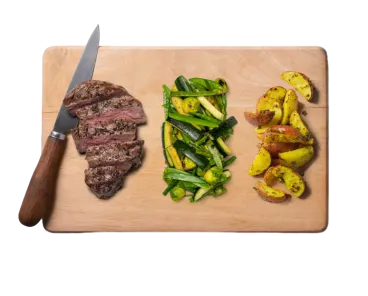
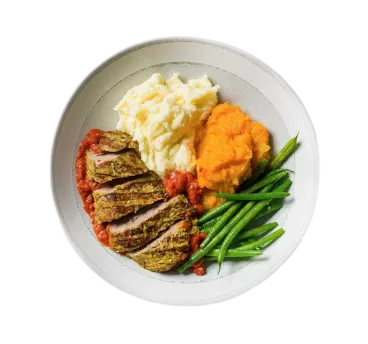
Convenient & Nutritious
Balanced meals designed to fit your lifestyle
Meal Plans from AED 1,999/per month
Premium nutrition made simple
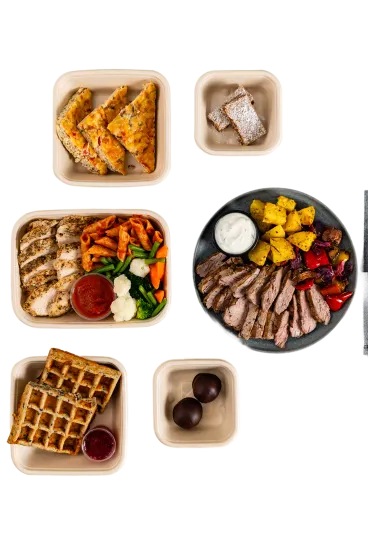
Sample menu
Here’s what a week in your plan will look like
Day 1
Day 2
Day 3
Day 4
Day 5

Creatine Monohydrate + Pre-Workout

Cottage Cheese Pancakes 100g,Mango Cream 30g
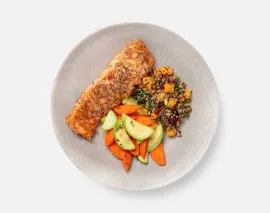
Baked Salmon with Rosemary & Pecan with Quinoa Stuffing 400g
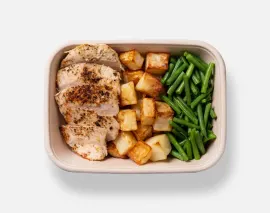
Chicken Breast 100g, Green Beans 100g, White Potato 100g, Tzatziki Sauce 40g

Apple Blondies 70g
Meal plans, made for you
Our meal plans feature premium ingredients for meals that match your goals and tastes, offering flexibility and nutrition for your best self.
Monthly Customised Plan
Your meals, your rules – crafted for those who want total control and flexibility over their nutrition journey.
- Fully customisable meal options.
- Ideal for long-term nutrition goals.
- Build your plan based on specific preferences.
- Variety of budget-friendly choices.
- Charged only based on selected menu
Starter Plan
(AED 1999/month)
Kickstart your meal journey with set plans that fit your lifestyle – with options to customize upon request.
- Pre-set plans for balanced nutrition.
- Options include combinations of Breakfasts, Mains, and Snacks.
- Daily freshness and high-quality ingredients.
- No long-term commitment required.
- Charged only based on selected menu.
Weekly Customised Plan
Short-term flexibility meets premium nutrition, perfectly designed for busy lives.
- Fully customizable for short-term needs.
- Perfect for those with busy schedules.
- No long-term commitment required.
- High-quality meals delivered fresh daily.
- Charged only based on selected menu items.
Customer reviews



How it works?
Go all-in with a monthly plan or keep it flexible with a weekly option.
Got more questions?
Contact us on WhatsApp



